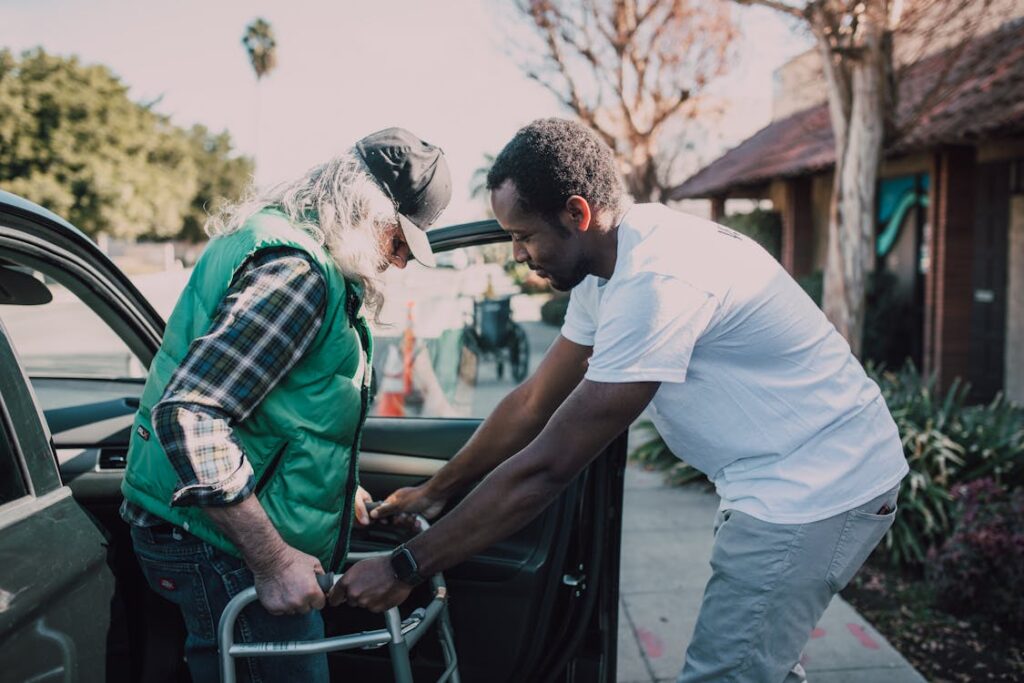For many individuals in India, the cost of a prosthetic limb can be overwhelming. Losing a limb is already a life-changing experience, and the financial burden of getting a prosthetic device makes it even more difficult. Fortunately, the Rashtriya Arogya Nidhi (RAN) Scheme provides financial assistance for medical treatments, including prosthetic limbs, to those who cannot afford them.
However, many people are unaware of how to apply for this aid, what documents are required, and how to improve their chances of getting approved. The process may seem complicated, but with the right guidance, it becomes much easier.
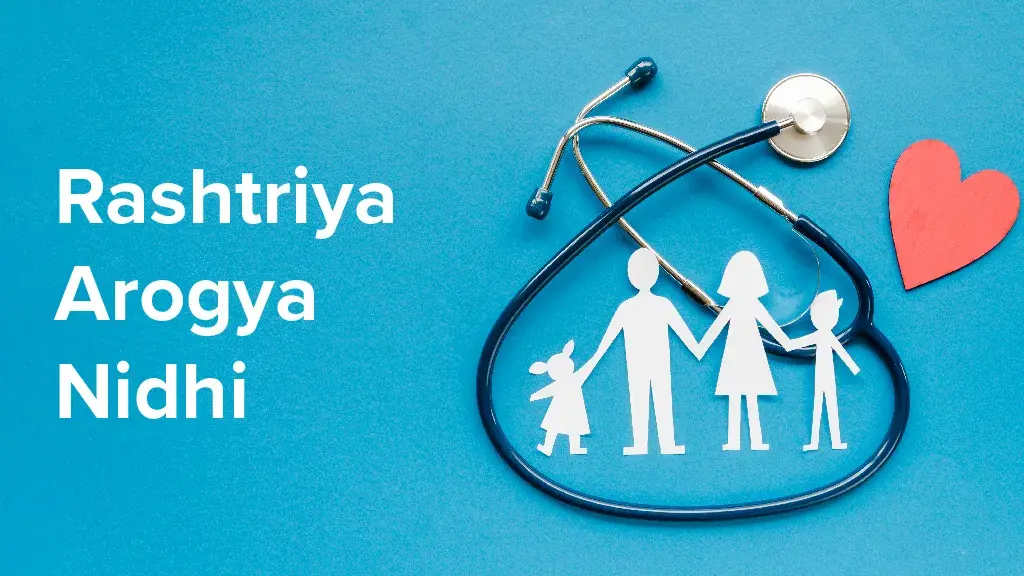
Understanding the Rashtriya Arogya Nidhi Scheme
The Rashtriya Arogya Nidhi (RAN) Scheme was launched by the Government of India to help individuals from economically weaker sections access life-saving and essential medical treatments.
The scheme provides financial assistance to patients suffering from serious illnesses or disabilities who require expensive medical treatment.
This fund is particularly useful for people who need prosthetic limbs but cannot afford them. Many patients who have lost a limb due to accidents, infections, diabetes, or congenital conditions rely on this scheme to regain mobility and independence.
The financial aid under the RAN Scheme is provided to patients receiving treatment at government hospitals. The assistance covers surgical procedures, medical devices, and rehabilitation support, making it an important resource for those in need of prosthetic limbs.
Who is Eligible for Financial Assistance?
The Rashtriya Arogya Nidhi Scheme is designed for individuals who belong to economically weaker sections (EWS) of society. To qualify, the applicant’s annual family income must be below ₹1.25 lakh.
Proof of income is required, usually in the form of an income certificate issued by a local authority.
Patients seeking financial assistance must be receiving treatment at a government hospital. Private hospitals are not covered under this scheme, so it is important to ensure that the prosthetic limb will be provided by a government-approved hospital or medical institution.
The scheme is available for both children and adults who require prosthetic limbs due to accidents, medical conditions, or birth defects. However, financial assistance is granted based on the availability of funds and the urgency of the case.
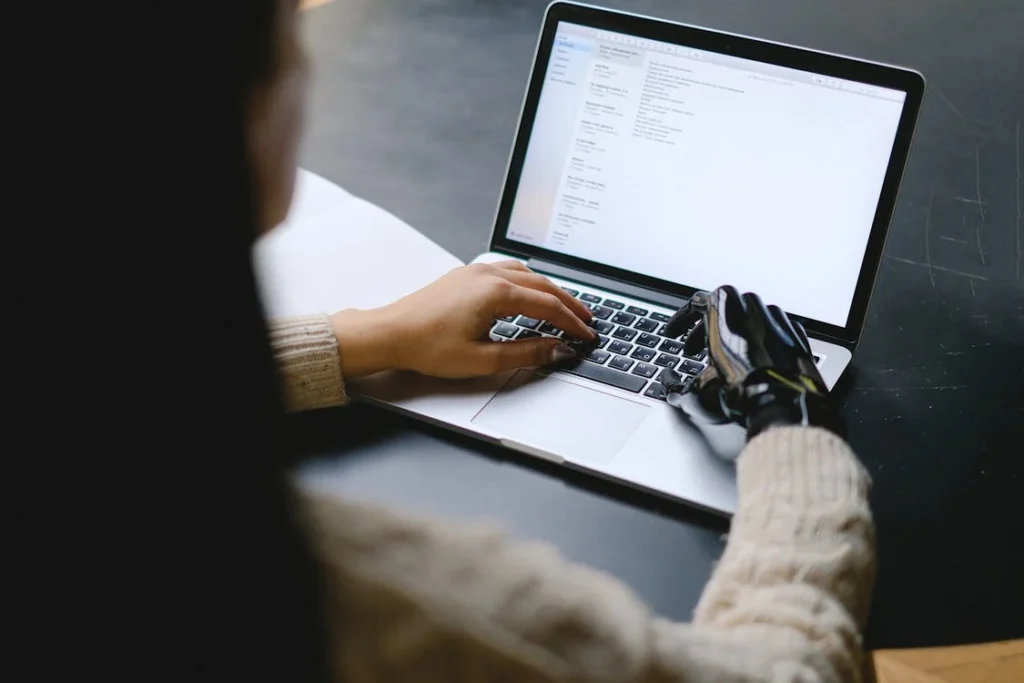
Step-by-Step Guide to Getting a Prosthetic Limb Covered Under the Rashtriya Arogya Nidhi Scheme
Understanding the Rashtriya Arogya Nidhi (RAN) Scheme is just the first step. The next and most important part is knowing how to apply for financial assistance to cover the cost of a prosthetic limb.
Many people struggle with the application process due to a lack of information, incomplete paperwork, or delays in hospital procedures. However, with careful preparation, you can increase your chances of approval and speed up the process.
Step 1: Confirm Eligibility and Select a Government Hospital
Before starting the application process, you need to ensure that you meet the eligibility criteria. The scheme is specifically for low-income individuals, so you must have an official income certificate showing that your family’s annual income is below ₹1.25 lakh.
If you do not already have this document, you must obtain it from the revenue department, tehsildar, or local authority.
Equally important is choosing the right government hospital for treatment. Since the RAN Scheme does not cover private hospitals, you must find a government-approved hospital that provides prosthetic limbs.
Some well-known government medical institutions and rehabilitation centers in India specialize in prosthetics and orthotics. It is always best to check in advance whether the hospital you are considering is authorized under the scheme.
Once you have selected a hospital, visit the orthopedic or rehabilitation department to consult a doctor. The doctor will evaluate your condition and determine whether a prosthetic limb is medically necessary.
If the doctor approves, they will provide a medical certificate recommending a prosthetic limb, which is an essential document for your application.
Step 2: Gather the Necessary Documents
To apply for financial aid under the Rashtriya Arogya Nidhi Scheme, you need to submit a set of documents to prove your eligibility. Missing or incorrect documents are one of the most common reasons for delays, so it is important to ensure everything is in order before submission.
The key documents required include:
- Medical Certificate and Treatment Recommendation – Issued by a government hospital doctor, stating the need for a prosthetic limb.
- Income Certificate – Proves that the applicant belongs to the economically weaker section (EWS) and has an annual income below ₹1.25 lakh.
- Identity Proof – Aadhaar card, voter ID, or ration card for verification.
- Address Proof – A document such as a ration card, utility bill, or Aadhaar card showing residence details.
- Hospital Estimate – A formal cost estimate from the government hospital, detailing the cost of the prosthetic limb, fittings, and rehabilitation services.
- Application Letter – A written request addressed to the Medical Superintendent or Nodal Officer of the hospital, explaining the need for financial assistance and the impact a prosthetic limb will have on the applicant’s life.
Having all these documents ready before applying helps avoid unnecessary delays. In some cases, additional documents may be required, such as a BPL (Below Poverty Line) certificate, so it is always a good idea to check with the hospital administration.
Step 3: Submit the Application Through the Hospital
Once all the documents are collected, they must be submitted to the hospital administration. Each government hospital has a Medical Superintendent or Nodal Officer responsible for processing applications under the Rashtriya Arogya Nidhi Scheme.
The Nodal Officer reviews the application to ensure all required documents are attached. If everything is in order, the hospital forwards the application to the Ministry of Health & Family Welfare, which oversees the disbursement of funds under the RAN Scheme.
The approval process can take a few weeks to several months, depending on the number of applications received and the availability of funds. However, priority is often given to urgent medical cases and individuals who require immediate prosthetic intervention.
Step 4: Follow Up on Application Status
After submitting the application, it is important to follow up regularly to ensure it is being processed. Many applications face delays due to missing documents, administrative backlogs, or funding limitations, so staying informed about the status of your request is crucial.
You can check the application status by contacting the hospital’s Nodal Officer or the Ministry of Health & Family Welfare. In many cases, hospitals will provide a reference number that you can use to track your application.
If there are any issues, such as missing paperwork or additional verification requirements, resolving them quickly will help avoid long delays.
For urgent cases, applicants can also seek assistance from local government officials, MPs, or social workers who can help push the application forward.
Sometimes, a letter of recommendation from a government official can accelerate the process, especially if the applicant requires immediate medical intervention.
Step 5: Approval and Fund Disbursement
Once the application is approved, the financial assistance is not given directly to the applicant. Instead, the funds are sent to the hospital providing the prosthetic limb. This ensures that the money is used specifically for medical purposes and prevents misuse.
The hospital then procures the prosthetic limb, schedules fitting appointments, and provides rehabilitation services as required. Depending on the type of prosthetic limb, the fitting process may take several sessions to ensure proper comfort and functionality.
In some cases, if the full cost is not covered, applicants may be asked to pay a small portion of the expenses.
However, for those in extreme financial distress, additional assistance may be sought from other government relief funds, NGOs, or charitable organizations that support individuals with disabilities.
Step 6: Prosthetic Limb Fitting and Rehabilitation
Receiving a prosthetic limb is not just about wearing the device—it requires training and rehabilitation to use it effectively.
After approval, the hospital will schedule a prosthetic fitting, where specialists adjust the limb to ensure a secure and comfortable fit. This process may take multiple visits, especially if adjustments are needed.
Once the prosthetic limb is properly fitted, the next step is rehabilitation therapy. Learning to walk, move, and perform daily activities with a prosthetic limb takes time, and professional guidance can make the transition easier.
Government hospitals often provide free or subsidized physiotherapy sessions to help patients build strength and confidence in using their new limb.
Patients are also advised to attend regular follow-ups to check for any issues, such as discomfort, misalignment, or necessary repairs. Proper maintenance ensures that the prosthetic limb lasts longer and functions optimally.
What to Do If Your Application is Rejected?
In some cases, applications may be rejected due to lack of funds, incomplete paperwork, or ineligibility. If an application is denied, there are still other options to explore.
Applicants can appeal the decision by submitting a request for reconsideration with additional supporting documents. Sometimes, a more detailed medical certificate or a stronger financial proof can help strengthen the case.
If the RAN Scheme does not approve the request, alternative sources of funding include:
- State-Level Health Assistance Programs – Some states in India have their own Chief Minister’s Relief Fund (CMRF) that provides medical aid similar to the RAN Scheme.
- NGOs and Charitable Trusts – Organizations like Jaipur Foot (BMVSS), ALIMCO, and local disability support groups offer free or subsidized prosthetic limbs.
- Corporate Social Responsibility (CSR) Programs – Many private companies fund medical treatments for individuals in need through CSR initiatives.
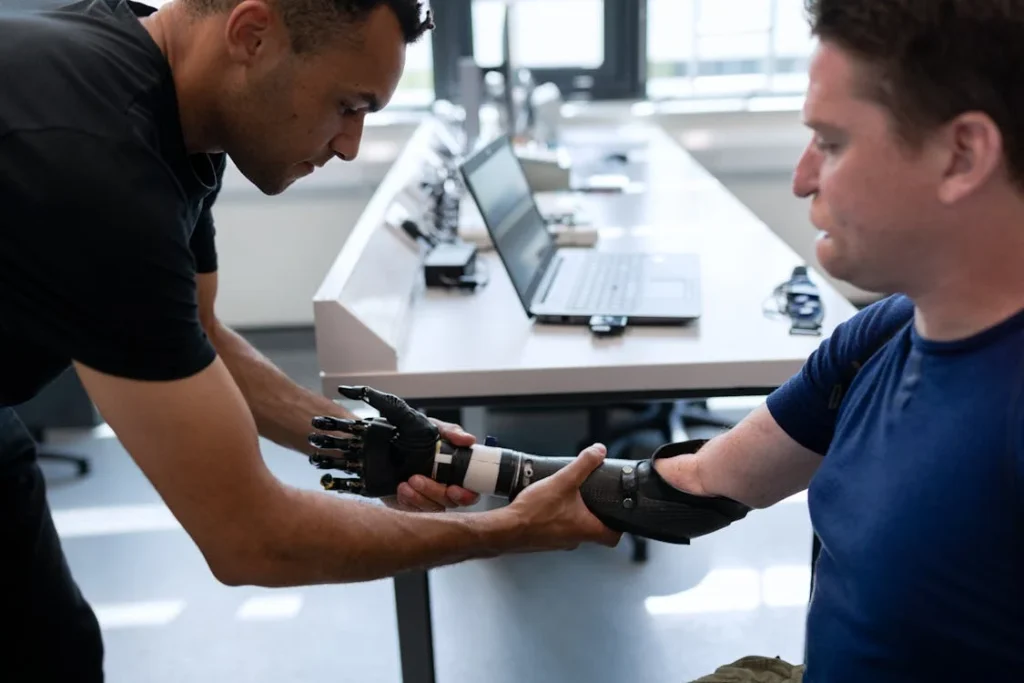
Additional Support for Prosthetic Limb Recipients
Even after securing a prosthetic limb through the Rashtriya Arogya Nidhi (RAN) Scheme, individuals may require additional support to ensure a smooth transition to life with their new limb.
Financial assistance for prosthetics covers the cost of the device, but ongoing maintenance, therapy, and emotional support are just as important for long-term success.
Rehabilitation and Physiotherapy: Essential for Adaptation
Using a prosthetic limb is not as simple as just attaching it and walking. The body needs time to adjust to the weight, movement, and balance changes that come with a new limb. This is why rehabilitation therapy is crucial for anyone receiving a prosthetic device.
Government hospitals that provide prosthetic limbs under the RAN Scheme often have in-house rehabilitation centers where patients can receive free or low-cost physiotherapy sessions.
These sessions help individuals build muscle strength, coordination, and balance, making daily activities easier.
For those who need additional training, specialized prosthetic training programs are available at institutions like the National Institute for the Empowerment of Persons with Disabilities (NIEPID) and the All India Institute of Medical Sciences (AIIMS).
These centers provide advanced therapy for individuals adapting to high-tech prosthetic limbs, especially those with bionic or electronically controlled devices.
Maintaining and Replacing a Prosthetic Limb: What to Expect
A prosthetic limb, like any medical device, has a limited lifespan. While it provides mobility and independence, it also requires regular maintenance, occasional repairs, and eventual replacement.
The durability of a prosthetic limb depends on usage, material quality, and how well it is maintained.
Most prosthetic limbs last 3 to 5 years, but factors like weight fluctuations, activity level, and wear-and-tear can shorten this timeframe.
Since the RAN Scheme primarily covers the first prosthetic limb, individuals must plan for future replacements. However, there are options for financial support when the time comes to replace the limb.
Many state government schemes and charitable organizations offer assistance for prosthetic limb replacements.
Programs like ALIMCO (Artificial Limbs Manufacturing Corporation of India) provide subsidized prosthetic limbs, ensuring that individuals do not have to bear the full cost of a replacement limb.
For minor repairs, many government prosthetic centers and disability support organizations offer free or low-cost servicing. Regular cleaning, checking for damage, and replacing worn-out parts can extend the lifespan of the prosthetic limb and delay the need for a full replacement.
Emotional and Psychological Support: Overcoming the Mental Challenges
Adapting to a prosthetic limb is not just a physical process—it is also an emotional and psychological journey. Many individuals experience feelings of frustration, loss, or social anxiety after limb amputation.
While a prosthetic limb restores mobility, it takes time for people to feel comfortable and confident in their new reality.
Mental health support is just as important as physical rehabilitation. Many hospitals and disability organizations provide counseling services for prosthetic limb users, helping them cope with emotional challenges.
Support groups allow individuals to connect with others who have gone through similar experiences, creating a sense of community and encouragement.
Family support also plays a crucial role in this adjustment. Relatives and caregivers should be involved in the rehabilitation process, learning how to provide both emotional and practical support.
Encouraging independence, celebrating progress, and understanding challenges can make a significant difference in a person’s journey to regaining confidence.
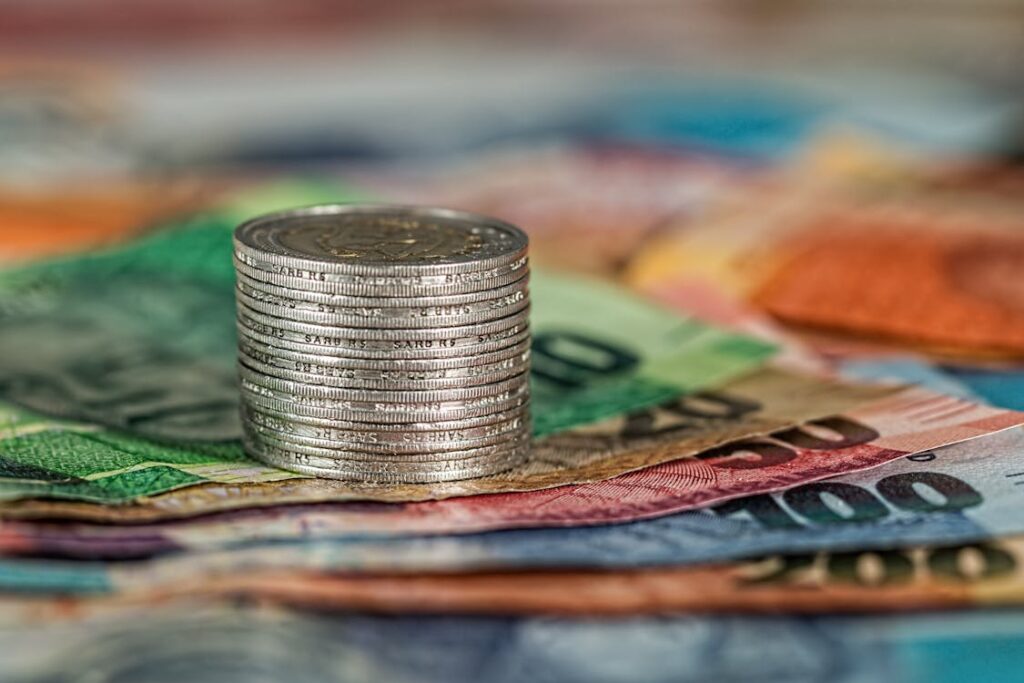
Alternative Funding Sources for Prosthetic Limbs
While the Rashtriya Arogya Nidhi (RAN) Scheme is a valuable financial aid option, it is not the only resource available. Some individuals may face delays, funding shortages, or eligibility restrictions under the scheme.
In such cases, exploring alternative funding sources can help secure a prosthetic limb without excessive financial burden.
Chief Minister’s Relief Fund (CMRF) and State-Level Health Assistance
Several state governments in India operate their own Chief Minister’s Relief Fund (CMRF) programs, which provide financial aid for medical treatments, including prosthetic limbs. These funds work similarly to the RAN Scheme but are administered at the state level.
Each state has its own application process and eligibility criteria, but the income threshold and requirement to receive treatment at a government hospital are common conditions.
Individuals who do not qualify for the RAN Scheme can apply for CMRF assistance, which often has a quicker approval process since it is managed at the state level.
Artificial Limbs Manufacturing Corporation of India (ALIMCO)
The Artificial Limbs Manufacturing Corporation of India (ALIMCO) is a government-owned organization that provides subsidized or free prosthetic limbs to individuals with disabilities.
This initiative is particularly beneficial for those who cannot afford high-end prosthetic devices and need cost-effective alternatives.
ALIMCO partners with various state government programs, NGOs, and rehabilitation centers to distribute prosthetic limbs across India.
They also conduct free prosthetic limb camps where eligible individuals can receive customized artificial limbs at no cost. These camps are organized in collaboration with local disability welfare departments and charitable organizations.
Non-Governmental Organizations (NGOs) and Charitable Trusts
Several NGOs and charitable trusts in India specialize in providing prosthetic limbs to individuals in need. Some of the most well-known organizations offering such assistance include:
- Jaipur Foot (Bhagwan Mahaveer Viklang Sahayata Samiti – BMVSS) – One of the largest organizations providing free prosthetic limbs across India.
- Rotary and Lions Club Prosthetic Assistance Programs – Local Rotary and Lions Club chapters often sponsor prosthetic limb donations through community initiatives.
- Narayan Seva Sansthan – Provides free prosthetic limbs and rehabilitation services to individuals with disabilities.
- Ekansh Trust and Nina Foundation – Assist individuals with disabilities in getting financial aid for prosthetic devices and other assistive equipment.
Many of these organizations offer custom-fitted prosthetic limbs at no charge or at heavily subsidized rates. Some also provide post-prosthetic training and support to ensure that individuals can use their prosthetic limbs effectively.
Crowdfunding and Corporate Social Responsibility (CSR) Initiatives
For individuals who cannot secure government or NGO funding, crowdfunding platforms offer an alternative way to raise money for a prosthetic limb.
Websites such as Ketto, Milaap, and ImpactGuru allow individuals to create fundraising campaigns where friends, family, and the general public can contribute to their medical expenses.
Additionally, many companies in India allocate funds through Corporate Social Responsibility (CSR) programs for healthcare and disability support.
Some CSR initiatives directly sponsor prosthetic limb costs, while others provide funding to hospitals and rehabilitation centers that offer free prosthetic services.
Individuals can check with large corporations, industry groups, and disability support organizations to explore CSR funding opportunities.
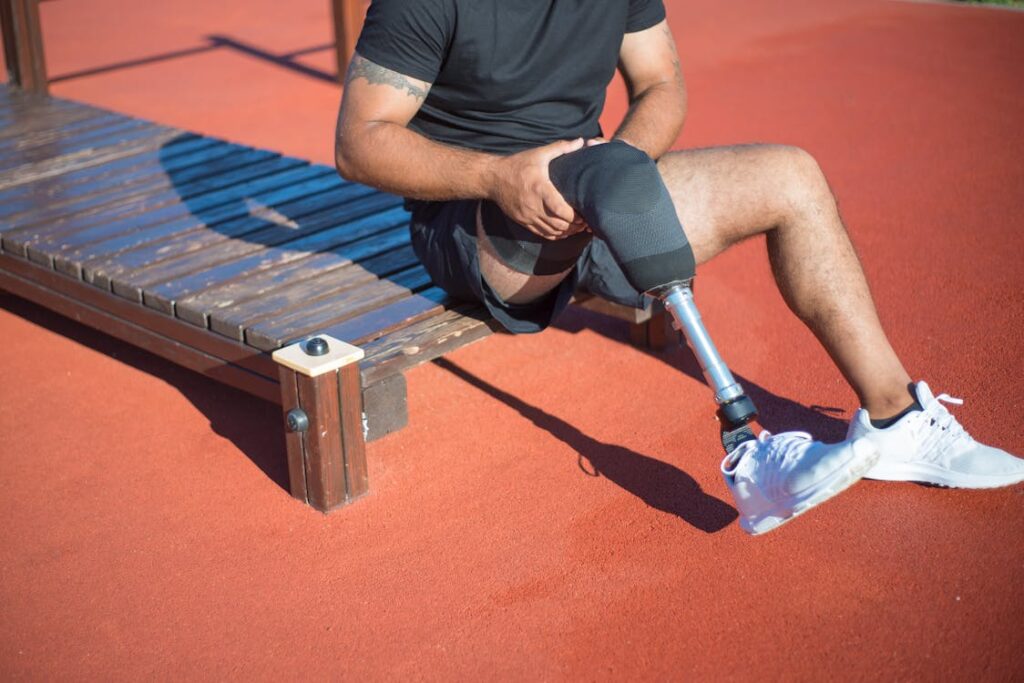
Tips for a Successful Application Under the Rashtriya Arogya Nidhi Scheme
Applying for financial aid under the Rashtriya Arogya Nidhi (RAN) Scheme can be a complex process, especially for those unfamiliar with government paperwork.
To improve the chances of approval, applicants must submit a complete application, follow up regularly, and seek guidance when needed. Here are some essential tips to ensure a smooth and successful application.
Ensure All Required Documents Are Accurate and Complete
One of the most common reasons applications get delayed or rejected is due to missing or incorrect documents. Before submitting the application, double-check that all required documents are correctly filled out, signed, and stamped by the relevant authorities.
Any discrepancy in information—such as mismatched names, incorrect income details, or missing medical certificates—can lead to delays.
It is a good idea to get documents verified by the hospital administration before submission. If there are any mistakes or missing papers, they can guide you on how to fix them before sending the application to the Ministry of Health & Family Welfare.
Get a Strong Medical Recommendation from a Government Hospital
A detailed medical certificate from a government hospital doctor plays a crucial role in the approval process.
The letter should clearly explain the medical necessity for a prosthetic limb, how it will improve the applicant’s mobility and quality of life, and why financial assistance is needed.
Doctors at government hospitals, AIIMS centers, and rehabilitation facilities have experience in preparing these recommendations. Seeking guidance from specialists who regularly handle RAN Scheme applications can improve the chances of approval.
Apply Through the Correct Hospital and Nodal Officer
The RAN Scheme only provides financial aid for treatments at government hospitals, so selecting the right hospital is critical. Not all government hospitals handle prosthetic limb requests under this scheme.
Applicants should ensure that their hospital is recognized under the scheme and has a dedicated Nodal Officer for processing applications.
Most major district hospitals, AIIMS centers, and national medical institutes handle RAN Scheme applications. If the local government hospital does not process these applications, they can refer the applicant to a designated facility where the request can be submitted properly.
Follow Up on the Status of the Application
Government processes can take time, so it is important to stay proactive and regularly check the application status. After submission, applicants should keep in touch with the hospital’s Nodal Officer or administrative department to track progress.
If there are any delays, politely requesting updates from the hospital’s administration or writing a formal follow-up letter can help keep the process moving.
In some cases, seeking assistance from social workers, local government officials, or disability support organizations can speed up the process.
Prepare for Additional Expenses Not Covered by the Scheme
The RAN Scheme provides full or partial financial assistance depending on fund availability and the applicant’s financial condition. While many applicants receive full coverage, some may need to contribute a small portion of the total cost.
It is best to be financially prepared for any additional costs related to fittings, minor repairs, or additional accessories that may not be included in the scheme’s funding.
If the granted aid does not cover the entire cost, individuals can apply for additional financial support from state-level health schemes, NGOs, and charitable foundations.
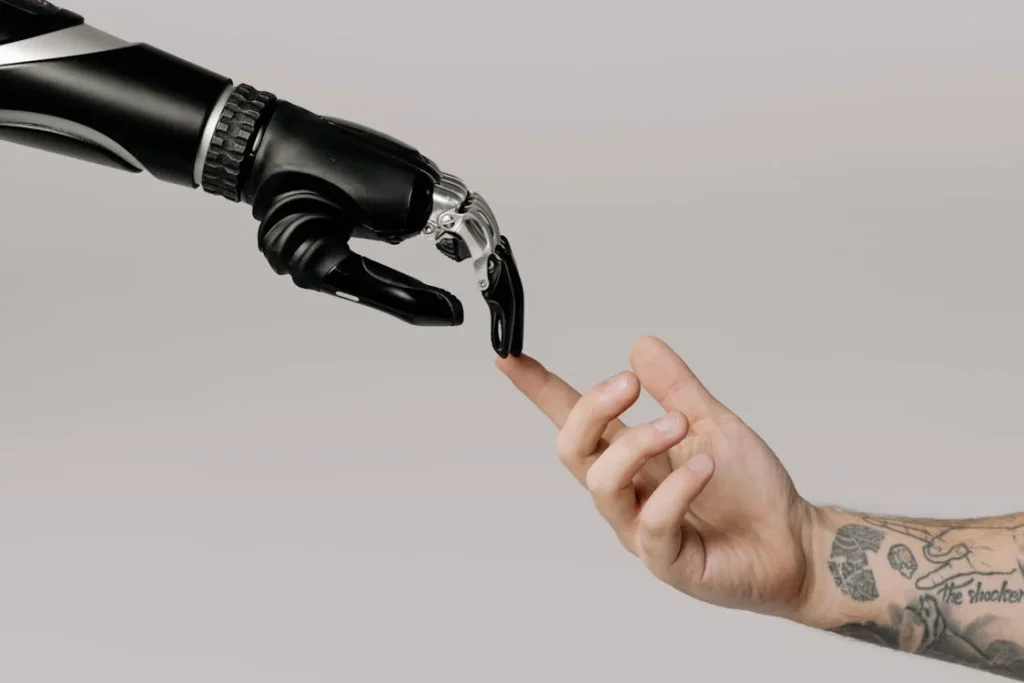
Conclusion
The Rashtriya Arogya Nidhi (RAN) Scheme is a crucial financial aid program that helps individuals from economically weaker sections access essential medical treatments, including prosthetic limbs. While the application process may seem complex, careful preparation, selecting the right government hospital, and ensuring all required documents are complete can significantly improve the chances of approval.
Receiving a prosthetic limb is not just about physical mobility—it’s about regaining independence, confidence, and an improved quality of life. With the right financial assistance and rehabilitation support, individuals can transition smoothly into using their prosthetic limb and lead active, fulfilling lives.
By staying informed, seeking help from hospital authorities, and being proactive in the application process, individuals can successfully navigate the system and access the financial aid they need. If managed well, the RAN Scheme can be a life-changing resource for those in need of prosthetic support.



